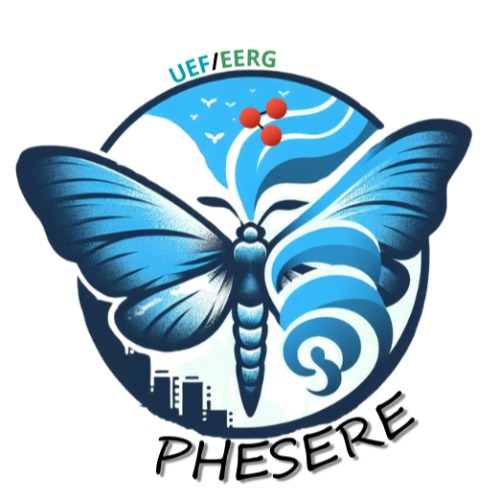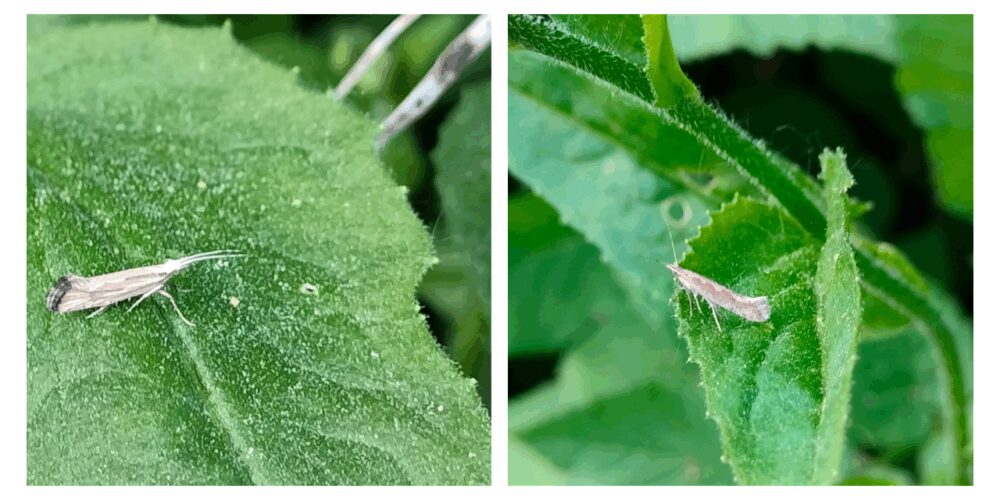
Insect-pheromones and climate change: Effects of ozone and warming on sexual communication and plant induced resistance
Funders

Leaders
Pheromones mediate sexual communication within species, and (interspecific) interactions with other organisms, such as elicitation of
induced plant resistance. Progress in pheromone identification has enabled their implementation in many integrated pest management
(IPM) programs worldwide. In related species, qualitative and quantitative variation among pheromone components enables recognition
of the right partner. Importantly, climate change may affect pheromone composition and the integrity of pheromonal communication.
The study will combine the disciplines of entomology, chemistry and plant physiology to assess the effects of warming and elevated
ozone on intra- and interspecific interactions mediated by insect sexual pheromones. The results will help predict the likelihood of sexual
isolation being broken down and speciation occurring in the future and will shed light on plant responses to insect-derived cues. The
sustainability of pheromones as an IPM tool will be determined.




